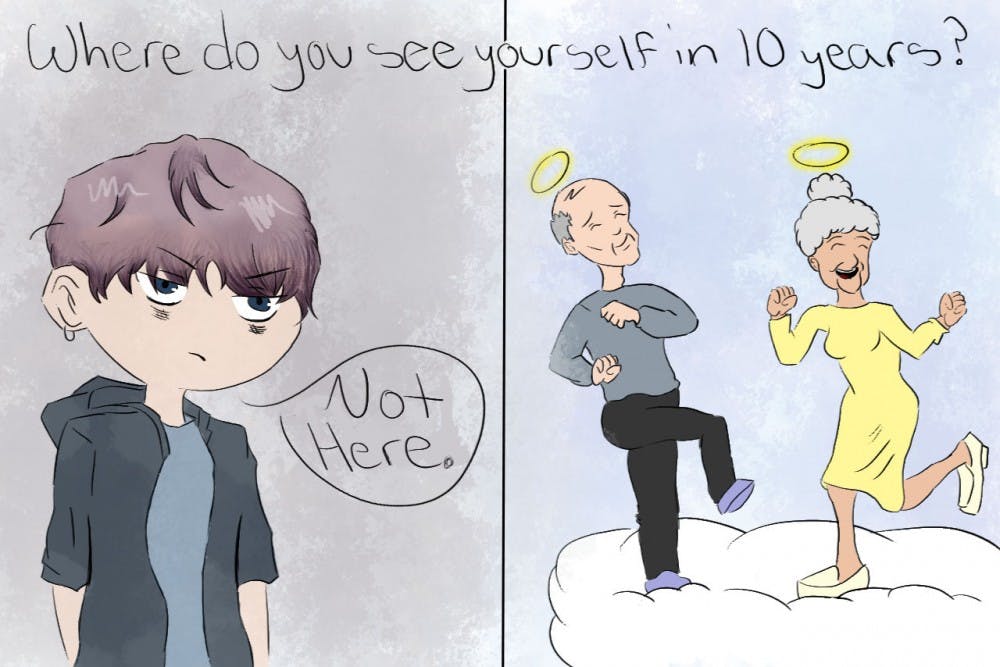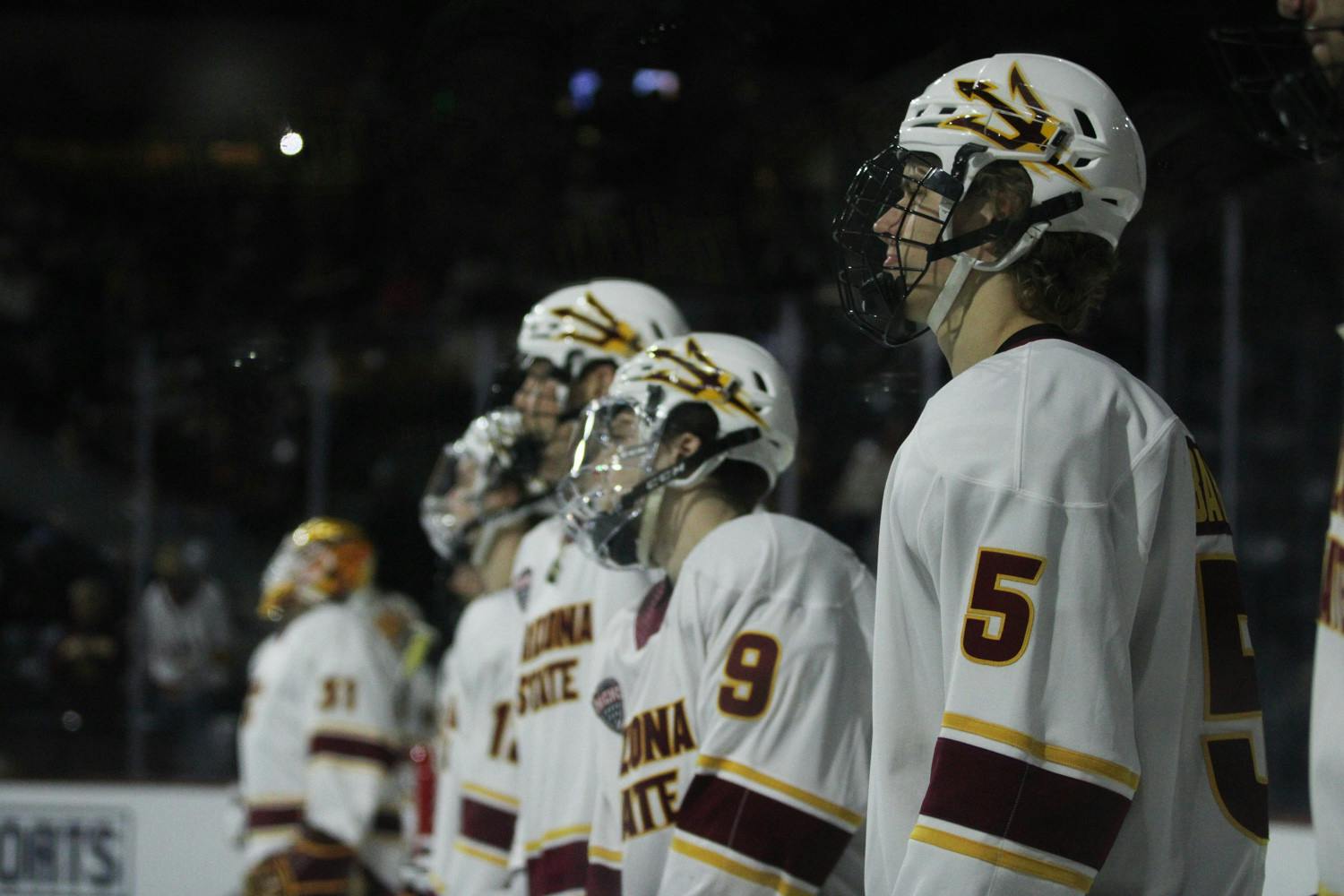Does the concept of casual existential suffering sound familiar? If not, welcome to internet culture.
It seems as if, in modern times, the humor among adolescents is growing increasingly dark. Memes circulate media such as iFunny, Instagram and Twitter that often deal with topics such as mental illness, stress faced by teens and general themes of discontent. This does not necessarily mean dark humor is representative of some larger problem among the younger generation.
This is in stark contrast to the humor of older generations, which often revolves around common quirks and idiosyncrasies of life and tends to be a more lighthearted way for individuals to relate to one another.
Ultimately, it may not be a warning sign to all of society that these social issues exist. Rather, it may just be indicative of the evolution in the way young people communicate.
What exactly causes this disparity?
One common theory relates particularly to internet usage. There has been controversy over adolescent involvement with the internet, particularly regarding the effects of internet usage on social health.
Regardless of whether technology has a widespread effect on social behavior, it has grown to permeate the lives of many.
While older generations are only starting to get on Facebook and similar social media, sharing memes of their own, adolescents of today are no strangers to social media.
Erika Pages, a doctoral student and teaching assistant in ASU’s social psychology program, said that there is definitely a noticeable difference between senses of humor among generations.
“It’s clear that older people have a different sense of humor but that’s not a bad thing," Pages said. "As we age, our sense of humor changes ... Older people are more into affiliative humor that brings people together, whereas young people are just starting to build that up.”
It almost feels natural to scroll down Twitter and read about someone’s dramatized plight, whether it be complaints over being an adult or losing Snapchat streaks.
It is this exact form of self-expression that contributes to the stereotypes of adolescents as having nothing better to do than complain.
“Younger people are presented with different problems and they have fewer resources than those from older generations," Pages said. "As an outsider, you can’t really understand it or say ‘go get a job.’ It could be that this kind of darker humor can help older generations become aware that these kids know what they’re dealing with rather than assume they’re lazy or that they complain all the time.”
While adolescents do face significant pressure from society, dark humor is another way of coming together.
“There’s an honest factor to the self-deprecating memes," Pages said. "It could be a coping mechanism due to all the pressures that society puts on younger people. It’s very retrospective and self-reflective.”
Contrary to the notion of the internet ruining the lives of adolescents, it could actually serve as more of an outlet of self-expression and yet another method of communicating with one another.
Though this could raise questions of mental health awareness, dark humor could be just the younger generation’s method of relating to one another and making light of the issues that they face.
Reach the columnist at kalbal@asu.edu or follow @karish2021on Twitter.
Editor’s note: The opinions presented in this column are the author’s and do not imply any endorsement from The State Press or its editors.
Want to join the conversation? Send an email to opiniondesk.statepress@gmail.com. Keep letters under 500 words and be sure to include your university affiliation. Anonymity will not be granted.
Like The State Press on Facebook and follow @statepress on Twitter.




